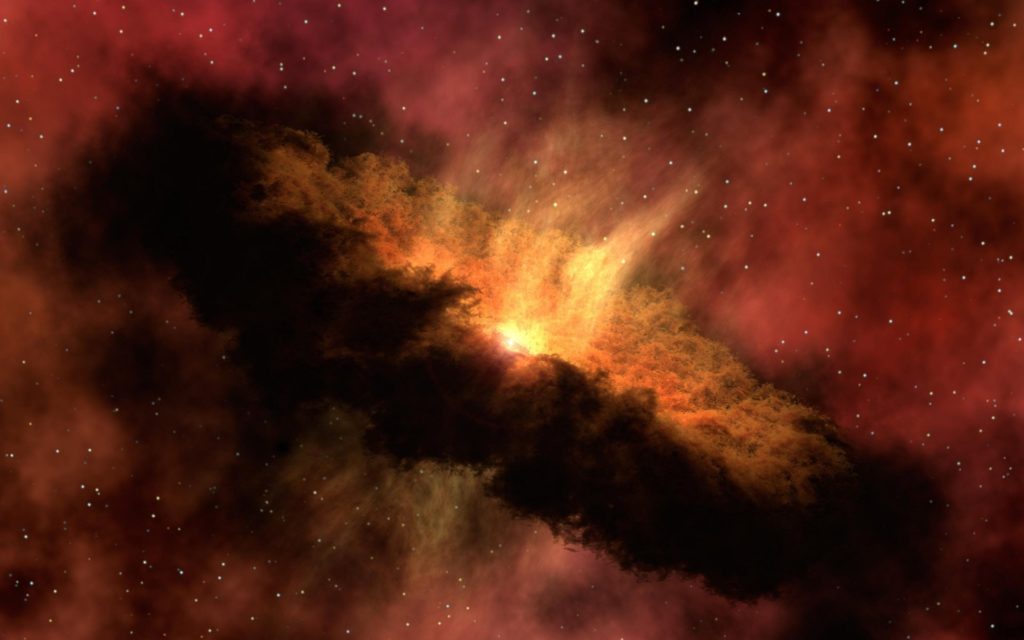I’ve been reading an article by Stephen Hawking on his theory of the “Spontaneous Quantum Creation of the Universe,” as promoted in this article. I would love to hear your comments and a way of refuting this theory. I know you have a greater knowledge of science than I do, so I believe you are in a good position to help. Thanks again for all the support and teaching. -- Simon Phillips (question addressed to John Oakes and Douglas Jacoby)
 Douglas responds:
Douglas responds:
I think it’s a way to get around the implications of the Big Bang — that something (someone) must have caused it all. Fluctuations in a quantum vacuum? But a quantum vacuum isn’t nothing. It is something. Even empty space is not nothing. Creatio ex nihilo requires an agent -- God.
John Oakes adds:
I do not have a lot to add to Doug’s comments. Stephen Hawking’s spontaneous quantum creation idea is an ad hoc hypothesis. He has a problem, which is that the universe exists, but it did not always exist. Either it was created by a purposeful Creator, or it just “happened.” Hawking moved toward a strong atheism in his last years, which made him rule out the first possibility a priori. Of course, this left him with the problem: something cannot come from nothing.
There is no evidence for quantum creation. Worse, it is an irrefutable hypothesis. This is why neither Douglas nor I need to “refute” such a theory which. It's more a philosophical opinion than a scientific theory. It is true that quantum mechanics does predict the spontaneous creation of particles out of space, but, as Douglas pointed out, space is not nothing. Space is something -- a place within which a quantum fluctuation can happen. Hawking's proposal is absurd. Into what was this universe spontaneously generated? The proposal is self-refuting.








